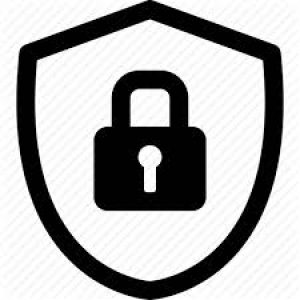
Ransomware is a type of malware (malicious software) that invades your system, preventing it from accessing your system or network; this means that your data is locked by encryption. Encryption is a method that makes your plain text unreadable by converting it into an encoded version. The victim is asked for a payment in return for the decrypted data and access.
Two Types of Ransomware
There are two main strains of ransomware, locker ransomware, and crypto ransomware. The locker ransomware locks users out of their systems or devices by denying total access, while the crypto ransomware encrypts hard drives, files, folders, etc.

Keep your eyes wide open for phishing emails
There is a new kind of evil ransomware, the leakware, also called doxware; this one can filter the most sensitive data and then proceeds to publish it unless a ransom is paid.
Mobile ransomware is now also on the rise. Altogether, these are nightmares to avoid at all cost!
How do we get infected by ransomware?

Contact us at OnePointSync
Anyone can get infected anywhere in a wide variety of ways. You may download ransomware through malicious websites. Ransomware is hidden into a payload system that was downloaded by other malware. Ransomware infection is frequent through phishing emails, and through advertising on malicious websites.
Once the ransomware has entered the system or device, hell breaks loose. Your files are encrypted, or the system is blocked, a full-screen image flashes, ordering payment to get your access back. You feel powerless, stuck against a wall and forced to accept the demands.
Some preventive measures against ransomware
- You may be a star when it comes to IT and computing, that does not mean that you are safe from ransomware. Here are some steps that can help you block the worst attacks.
- First, make sure you create a backup for all your essential files, better be safe than sorry.
- Keep your eyes wide open for phishing emails and if in doubt, do not open!
- Regularly update your programs, applications, and software
- Use all available security software and don’t forget the free virus scan.
- First and foremost: Contact us at OnePointSync, tell us about your concerns and let us secure your devices and network. We are the specialists and the best in Colorado.

